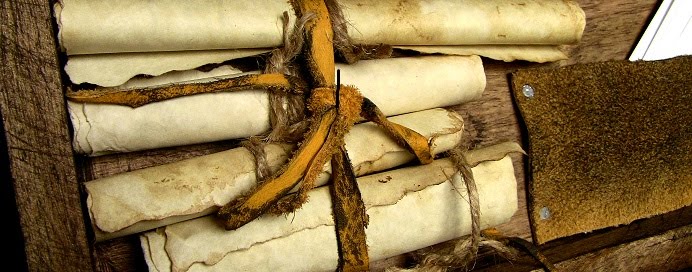I have had a difficult time finding a goddess I feel a connection with. It seems to come much easier with gods for me; a goddess connection eluded me for a long time. When I finally found it, it was with Artemis.
Artemis is the maiden goddess; sister of Apollo; daughter of Zeus and Leto. She is the goddess of the hunt, of childbirth, and sometimes fertility. It is said that even as she was born, she turned around to deliver her twin brother. Ever after that she looked after girl children. When she was just a child, Artemis asked her father to bless her with lifelong virginity. She asked other boons of Zeus, such as her bow and silver arrows which were forged by the Cyclopes. Virgin nymphs were her favorite company. Oddly enough, Artemis had a soft spot for Pan, who was by and large the god form of male lust. This just demonstrates the humanlike imperfections that she, like most deities outside the realm of the Judeo-Christian mythos, was guilty of.
One of the first things that drew me toward Paganism was how relatable the gods and goddesses were. Instead of an omnipotent, omnipresent, infallible God we have deities who can be overcome by lust, greed, pride, envy, and so on – just like humans can. Artemis is just as “guilty” of this as any other goddess. She and her brother killed all the children of Niobe, who bragged to Leto that she had brought more children into the world. When a hunter named Actaeon accidentally glimpsed Artemis and her cohorts bathing in the woods, she killed him a bit sadistically (transformed him into a stag to be killed by his own hounds). But, also like a human, Artemis was known to set aside her hubris and do great things: healing, aid in childbirth, and even showing mercy. When the hunter Orion was killed, she placed him in the stars. Like any woman, Artemis was complex and prone to contradictory behavior: she would just as soon aid a woman in childbirth as kill her in it.
Today she is still widely honored, specifically as Diana, by women who feel empowered by her defiance of that age-old popular belief: that a woman needs a man. While I appreciate Artemis’ independence from men, I can’t say that I feel empowered by it. I like men, and I don’t feel weak or any less of a woman for it. But what I really love about Artemis is that she manages to embody femininity while abstaining from bearing children.
Most of the venerated goddesses of the past and present share a common trait; they are mothers. Whether they bore children or something more abstract (like fire or the Earth) it all comes down to that sacred power each woman has. I have encountered many women who feel that the choice not to bear children is borderline heretical. I feel that this is an archaic attitude! Birth is a miracle, to be sure. But when early civilizations first honored fertility goddesses, childbirth was an important factor to the survival of humankind. There were so few people then, and their hardships were many – they needed numbers. The situation has changed in the past two centuries. I am of the opinion that the Earth is populated enough without every woman being pressured to have children. Surely population building is less important today than, say, scientific research. There are so many miracles a woman is capable of performing aside from childbirth, and I think it’s a shame that we have yet to realize that together as a society. I myself do not wish to have children, even though I love them. I feel a calling and have a plan for my life, and motherhood just doesn’t feature. So I walk in Artemis’ footsteps, to a lesser extreme. I am content in my work and my contributions; I feel that my life is full without husband and child.
All in all, Artemis possesses a power which is essential to any great deity; she is timeless. Women of any age, in any era, in any station in life or part of the world can look to Artemis for guidance.
Works cited:
Carlson, Kathie. Life's Daughter/Death's Bride: Inner Transformations through the Goddess Demeter/Persephone. Shambala, Boston, MA; 1997.
Farrar, Janet and Stuart. The Witches' God. Phoenix Publishing Inc., Blaine, WA; 1989.
Moura, Ann. New History of Witchcraft. Seventh House Publishing, The Woodlands, TX; 2007.

No comments:
Post a Comment